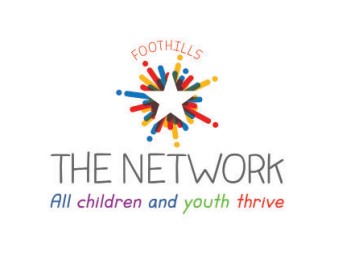6 Months

Below is a list of developmental milestones that children typically reach at the end of 6 months of age. Review them with your child’s healthcare professional and talk about what to expect next.
MOVEMENT & PHYSICAL DEVELOPMENT
- Rolls over in both directions (front to back, back to front)
- Begins to sit without support
- When standing, supports weight on legs and might bounce
- Rocks back and forth, sometimes crawling backward before moving forward
COGNITIVE (LEARNING, THINKING, PROBLEM SOLVING)
- Looks around at things nearby
- Brings things to mouth
- Shows curiosity about things and tries to get things that are out of reach
- Begins to pass things from one hand to the other
SOCIAL & EMOTIONAL
- Knows familiar faces and begins to know if someone is a stranger
- Likes to play with others, especially parents
- Responds to other people’s emotions and often seems happy
- Likes to look at self in a mirror
LANGUAGE & COMMUNICATION
- Responds to sounds by making sounds
- Strings vowels together when babbling (“ah,” “eh,” “oh”) and likes taking turns with parent while making sounds
- Responds to own name
- Makes sounds to show joy and displeasure
- Begins to say consonant sounds (jabbering with “m,” “b”)
What You Can Do With Your 6-Month-Old
You can help your baby learn and grow. Talk, read, sing, and play together every day. Below are some activities to enjoy with your 6-month-old baby today.
Ask For Help if Your Child...
- Doesn’t try to get things that are in reach
- Shows no affection for caregivers o Doesn’t respond to sounds around him
- Has difficulty getting things to mouth
- Doesn’t make vowel sounds (“ah”, “eh”, “oh”)
- Doesn’t roll over in either direction
- Doesn’t laugh or make squealing sounds
- Seems very stiff, with tight muscles
- Seems very floppy, like a rag doll
Tell your healthcare provider if you notice any of these signs of possible developmental delay for this age. You can also talk with someone in your community who is familiar with services for young children in your area. Try the FCWN Navigator by emailing fcwnnavigator@ahs.ca or calling 403-995-2706.
